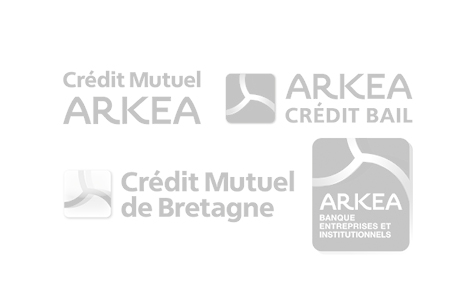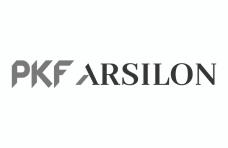What is a cluster ?
Economic development clusters were created in France in 2005 as a new way of responding to the increasing pressures of globalised competition. Their primary mission is to advance an alternative industrial policy. Clusters aim to enhance the capacity of companies to innovate, and are intended to stimulate growth and employment in promising markets.
An essential lever
Economic development clusters facilitate the emergence of collaborative research and development projects and support the growth of their member companies, particularly by bringing to market new products, services and processes resulting from research.
One region, one theme
The primary criterion for the emergence of a cluster is its ability to bring together large and small companies, research centres and laboratories and training and education establishments within a specific region and around a common theme. Pôle Mer Bretagne Atlantique is a classic example of such a cluster in practice. Its clearly identified region is the maritime area covered by Brittany and Pays de la Loire.
A dynamic ecosystem
Strong regional roots are key to a cluster’s success. But it must also draw on genuine synergy between research, education and business. An additional remit is to source funding networks and take a proactive approach to calls for projects. Clusters drive growth and employment by enabling their members to secure prominent positions in domestic and international markets.




































